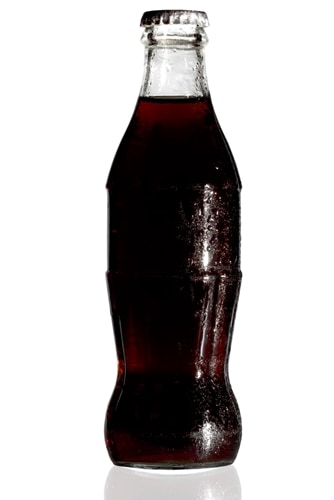
Earlier this year, this blog talked about Coca-Cola's strategy to attract younger audiences to purchase Diet Coke with its "You're On" marketing campaign. It now appears that the beverage company no longer wants to take flak from social media and bloggers, so "You're On" is more like you're out.
According to reports from the New York Times, many of Diet Coke's custom print displays were plastered on the internet with references to cocaine, an illegal substance that was once an active ingredient in the soft drink. While some advertising experts believe it was the right decision, many other contributors believe that it wasn't.
"It's very important to get back to marketing these brands, at least in part, as delicious, refreshing and tasting good, and worrying less about brand image," John Sicher, editor and publisher of Beverage Digest, told the Times.
The campaign's intent was to show younger audiences that Diet Coke can also serve as a pick-me-up, similar to caffeinated beverages like energy drinks, tea or coffee. It sounded like Coca-Cola was going in this direction but the outdoor vinyl banners switched the order of the sales pitch.
Commercials and print advertisements started "Diet Coke. You're On," but the billboards read "You're On. Diet Coke," with the word diet displayed in smaller text than the other three.
What made "You're On" a fun marketing campaign is that it was able to generate conversation from various angles, which is a large aspect of social media. As media analyst and author Jack Myers explained to Marketplace, today's consumers have the ability to "express themselves and to fundamentally change the nature of the intended communication."
"Advertisers just have to be comfortable being less careful," Meyers says, "and let the market take their messages and hack at will, and take the response with a grain of salt."
Coca-Cola is known for its timeless marketing campaigns, but it wasn't able to see where this particular one would rank among the many others. The beverage company has been actively trying to keep its place as the number one and two most popular soft drinks, but has found that Diet Coke's volumes shrank by 6.8 percent last year, the Times added.
Instead, Coca-Cola decided to roll the punches with a previous Diet Coke campaign, one that highlights "the crisp taste" without the same amount of sugar or calories associated with regular soft drinks.